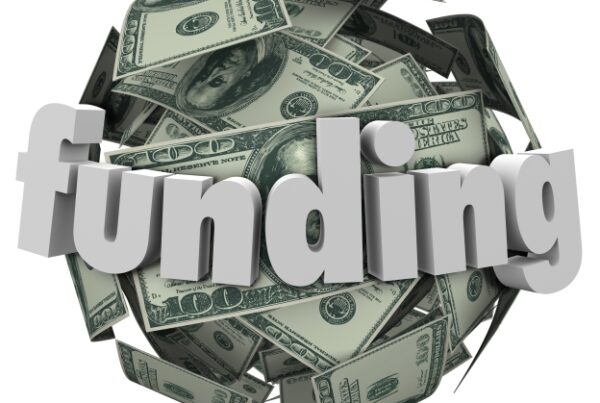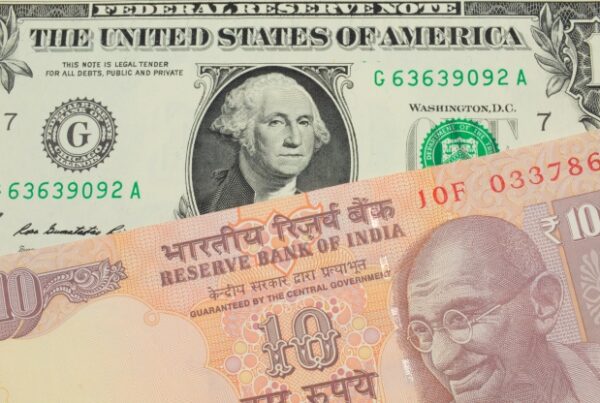
Uncertainty over the outcome after election day means more volatility, potential opportunities.
Whether it’s Donald Trump or Joe Biden sitting in the Oval Office next year, many capital markets prognosticators expect the US economic recovery to remain on track and the Federal Reserve to keep interest rates low—relatively good news for investment-grade companies selling more debt, but troublesome for treasury investment managers searching for yield. Beyond that, things get more complicated.
- A European bank that recently sponsored a NeuGroup meeting of treasurers from large-cap companies told members that corporates may have some short-term opportunities created by volatility if the election outcome is delayed. Longer-term considerations include the impact of a higher corporate tax rate should Biden win.
Dollar decline. The bank said that a disputed election will be bearish for the US dollar, noting that in 2000, when it took Al Gore a month to concede to George W. Bush, USD fell by 3.5%. The bank is also bearish on the dollar long-term.
- A so-called blue wave resulting in greater government spending, the Fed likely expanding its balance sheet further, and US interest rates falling closer to Europe’s and Japan’s will all fuel depreciation of the dollar, the bank said.
- Democrats winning the presidency but not the Senate, or vice versa, would be slightly dollar positive.
- The bank sees the euro at the low end of its range against the dollar and likely to strengthen, an outlook that should prompt corporates to consider scaling back on euro liabilities.
- “Many corporates have issued debt in euros or swapped dollars to euros to benefit from lower coupons, and while the coupons are still lower in euros, loading up on euro debt will inflate their balance sheets,” one of the bankers said.
- Companies may also want to adjust their balance sheets or cash flow hedging policies, perhaps incorporating options to benefit from a potential euro appreciation.
Stock-drop opportunities. During the disputed presidential election in 2000, the S&P 500 dropped 12% between Election Day and Dec. 13, then rebounded 9% by the end of January 2001.
- If an uncertain election outcome this year results in a sell-off of 10% to 15%, companies considering raising equity will have to wait until markets rebound.
- Companies that have continued to buy back shares during the pandemic may want to set up programs with steep grid levels to allow for opportunistic repurchases, the bank said.
Higher corporate taxes? Most participants polled at the meeting saw a Biden win resulting in the corporate tax rate rising to between 25% to 30% from 21% now.
- One member asked peers if the market had already “baked-in” higher taxes. He noted that as prospects for the Trump tax cut gained momentum his company’s stock price bumped up, but it only saw the full impact after the bill passed.
- “It feels like we’re in the very early stages of that on the reverse side,” he said.
Not so fast. One of the bankers advised considering the amount of liquidity in the markets now compared to the last time the tax rate was adjusted. Higher corporate taxes might adversely impact stock prices normally, but these aren’t normal times.
- “The fundamentals are a bit out the window in most markets,” he said, “So until liquidity gets pulled out of the market a bit by the central banks, I wonder whether things like adjusting the tax rates will have less impact on individual stocks just because of the hunt for yield and returns.”


